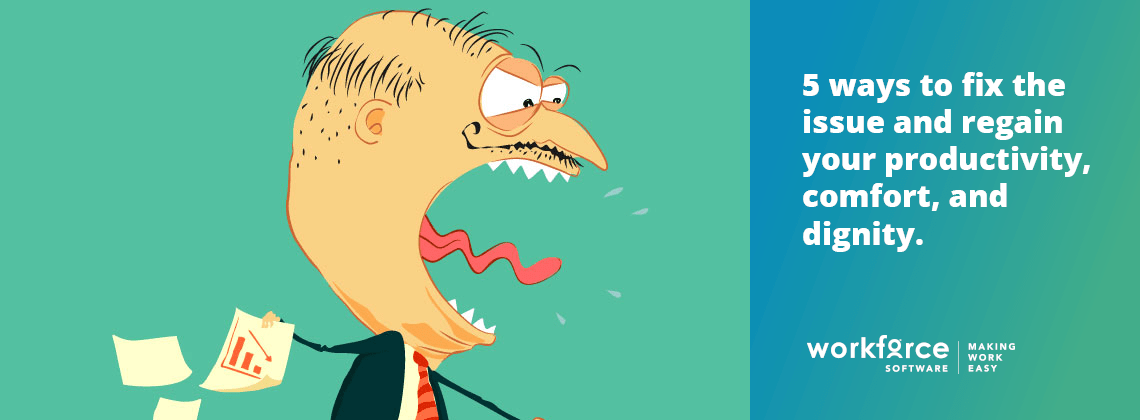How to Work with a Jerk

“Nice to see you again, Jeri,” said Rick, smiling. He enjoyed his bi-weekly sessions with his professional mentor. He appreciated her incisiveness.
“How are you?” she said. “How’s the new IT role treating you?”
“Yeah, I love the work itself,” he said, “but my colleague, Sasha, has been making me …anxious.”
“He’s kind of a jerk,” said Rick.
What’s a jerk, exactly?
For the purposes of this article, a jerk is a difficult person to work with. A jerk makes people consistently feel uncomfortable, which has real consequences in the workplace: According to Minda Zetin, 40% of employees say working with unpleasant people lowers their productivity.
In short, jerks are bottom-line killers. They’re bad for morale and business.
“There are things you can do to make this better…” said Jeri.
Some people don’t know they’re being a jerk. Others are aware of their actions, but fail to recognize how they affect their colleagues. In either case, there are steps you can take to regain your productivity and dignity as an employee. If you’re feeling wronged by a colleague, use these guidelines to make a thoughtful decision about how to move forward:
Subscribe to The WorkForce Blog
Learn the art and science of maintaining productive, happy, engaged employees.
1. Before confronting anyone, consider your own behavior.
If someone’s acting like a jerk—if they’re making you uncomfortable or hindering your productivity—your first reaction should be to ask yourself: Why?
Is their behavior in response to something you’ve done? Or are they failing to cope with a personal issue? The answer will inform your approach [see: #2 below].
2. Pick your battles.
Now ask yourself: Is this worth it?
A work confrontation can be a heavy, stressful experience.
Sometimes, it pays to let things go so you can get what you want.
Sometimes, it pays to let things go so you can get what you want.
Sometimes, patience is all you need. The more time goes by, the more other people will catch on to your colleague’s toxicity. Waste, eventually, floats to the surface.
3. Focus on the issue, never the individual.
You’ve made your decision: It’s worth it to have a conversation.
Now, since you’re at work, the goal of this conversation should be to regain what you’ve lost—and that’s it.
This dialogue is not an opportunity to vent or have a cathartic moment. It’s a time for constructive criticism about behavior, not character. In other words:
“Here’s why I don’t like your idea/approach…” =
“Here’s why I don’t like you…” =
4. Ask a simple, direct question:
“Why would you do that?”
Whatever the situation, this potent question will force your misbehaving coworker to account for their actions, to procure some self-awareness.
And self-awareness to a jerk is jarring, like a sudden clap of thunder that wakes you up at night.
 Workforce Management for the HR Leader’s Soul
Workforce Management for the HR Leader’s Soul
This book will help you create a healthy, rewarding environment for the people that keep your company moving forward.
5. Listen, even if it’s hard.
Your undivided attention may be the last courtesy you’d consider extending to a jerk. That said, it may also be the only approach that moves the needle.
According to Forbes, listening to others makes those people like and trust you. So resist the urge to lament your frustrations and, instead, let your colleague talk while you listen, make eye contact, and empathize. Then take note of how he or she treats you moving forward.
A couple weeks later…
Rick sat down in his mentor’s office with a fresh cup of coffee.
“How did it go with Sasha?” she asked.
“It went well, very smoothly,” Rick grinned. “He was surprisingly receptive.”
“Good,” said Jeri, “…and how do you feel now?”
“Less anxious and more productive.”
Create a cooperative workforce.
Enable your employees to have a say in their schedules.

 Workforce Management for the HR Leader’s Soul
Workforce Management for the HR Leader’s Soul